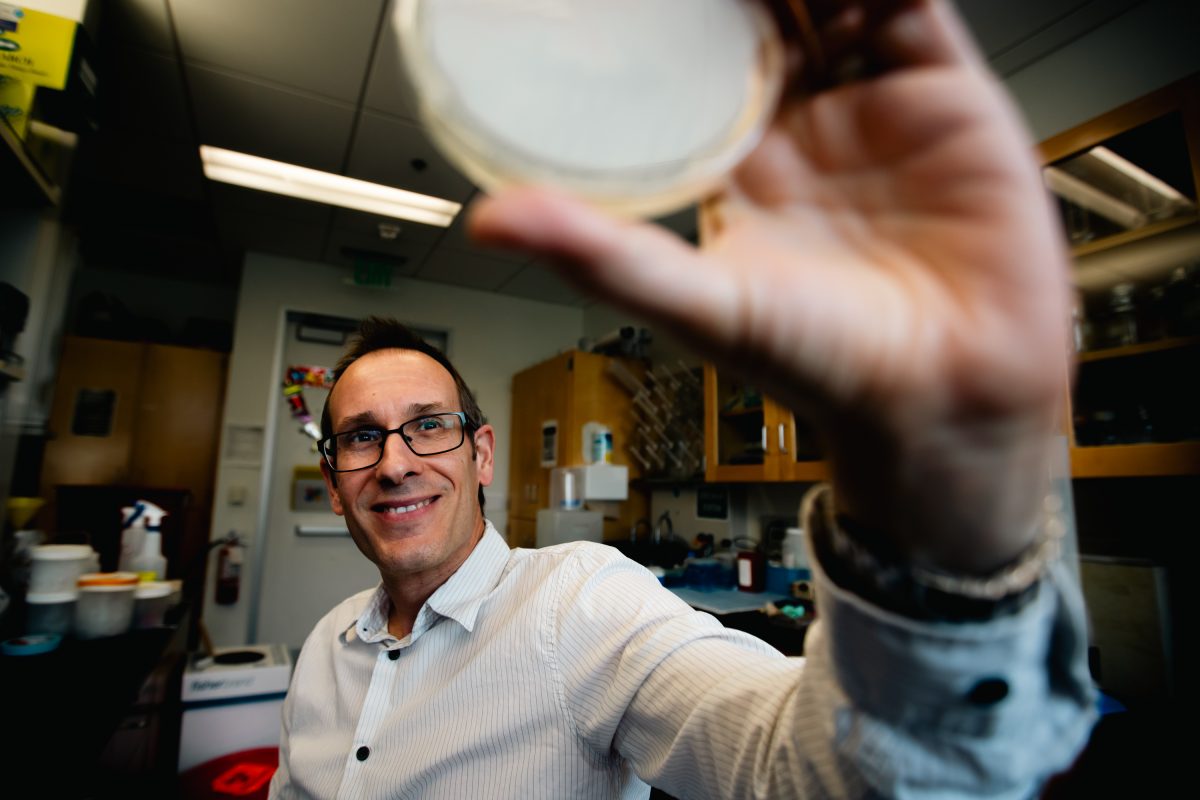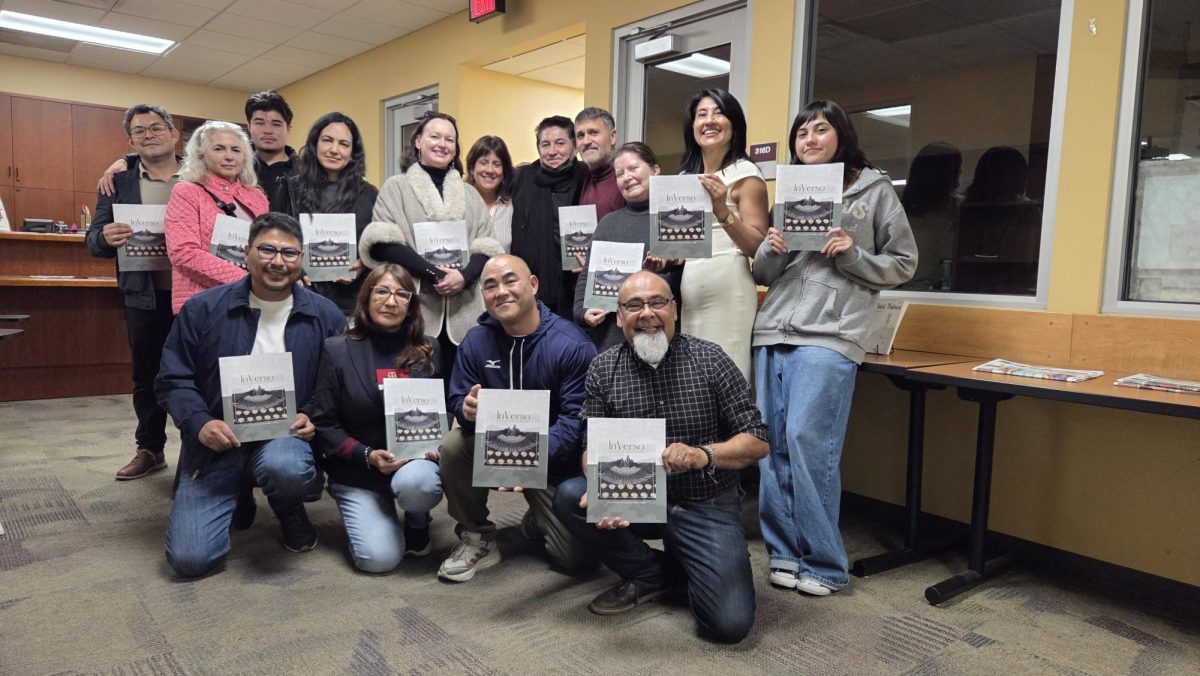Dr. Cristian Ruiz Rueda, an associate professor in the Department of Biology from the College of Science and Math, has been awarded a $1 million grant from the National Science Foundation (NSF) to study antibiotic resistance on bacteria.
This significant grant not only supports Ruiz Rueda’s research, but also offers hands-on training opportunities for his undergraduate and graduate students.They will receive hands-on training to put their scientific education into action, allowing them to help save lives and change the course of medicine.
By studying these mechanisms, Ruiz Rueda aims to understand how bacteria can survive long enough to adapt.
“Little molecular machines that bacteria have in their envelope that they use to pump out antibiotics as the antibiotics are coming in to kill them. By pumping out those drugs out of the cell, the bacteria are able to survive antibiotics for a while,” said Ruiz Rueda. ”And that gives them time to adjust and accumulate more mutations and over time they become more and more resistant.’’
Ruiz Rueda’s inspiration to pursue antibiotic research originated long before the COVID-19 pandemic.
“I’ve been interested in antibiotic research for a long time. My Ph.D. was in microbiology and one of my interests was to find new treatment options. When I did my postdoc in Tufts I joined a lab fully focused on understanding antibiotic resistance and how to combat it,” said Ruiz Rueda.
He elaborates that during his tenure there, he became aware of just how big of an issue this was.
“So in the old days people that got an infection would die. When antibiotics were discovered, they were called miracle drugs because they would pretty much take a person that was about to die and give them antibiotics for a few days, and then they were good as new,” said Ruiz Rueda.
He elaborated on the significance of antibiotics, which were introduced in the 1940s and transformed modern medicine. This advancement however, led patients to believe that antibiotics were ‘miracle drugs’, causing many to overuse the medication and allowing bacteria to build resistance to them.
“Now we’re almost getting to a point that we’re heading back to the pre-antibiotic era in which sometimes you get an infection that maybe 10 years ago was very easy to cure with some antibiotics. And now many times they’re very difficult to treat or many times people even die because there’s no antibiotics left to give them… The bacteria have learned to become resistant to all of them,” said Ruiz Rueda.
Ruiz Rueda highlighted the global impact of antibiotic-resistant bacteria. According to two studies by O’Neal in 2014 and by Murray et al in 2022, “The estimated number of people who die as a result of antibiotic-resistant bacteria will expand from five million to 10 million per year by 2050.”
This death toll will also directly impact the economy.
Ruiz Rueda says, “It’s expected that between now and then it will contribute $100 trillion in losses because sick people cannot go to work. When antibiotics don’t work, you have to give more expensive drugs and keep people in the hospital for a longer time. So all those things really have a major impact on people’s health and the economy itself too.’’
The NSF grant will support Ruiz Rueda’s research about efflux projects, which expel antibiotics from bacterial cells, contributing to drug resistance. It will also fund a project that will investigate antibiotic resistance to last-resort antibiotics.
“The other part of the story that we are trying to understand is how the regulator that coordinated efflux and metabolism itself is controlled because it has such a broad role in controlling so many physiological processes,” said Ruiz Rueda.
Ruiz Rueda discussed the challenges in medicine related to doctors prescribing antibiotics noting they sometimes do not adhere strictly to guidelines for prescribing them only when necessary for the patient’s condition.
“It’s easier for the doctors to say yes, without taking into account that it will promote the selection and the spread of antibiotic-resistant bacteria. So we should only be using antibiotics for bacterial infections that really require treatment,” said Ruiz Rueda.
The grant will support two undergrad and two grad students in Ruiz Rueda’s lab and around 20 students in his microbial physiology class.This grant provides valuable support to the department and offers important opportunities for CSUN students pursuing careers in microbiology and related fields.












